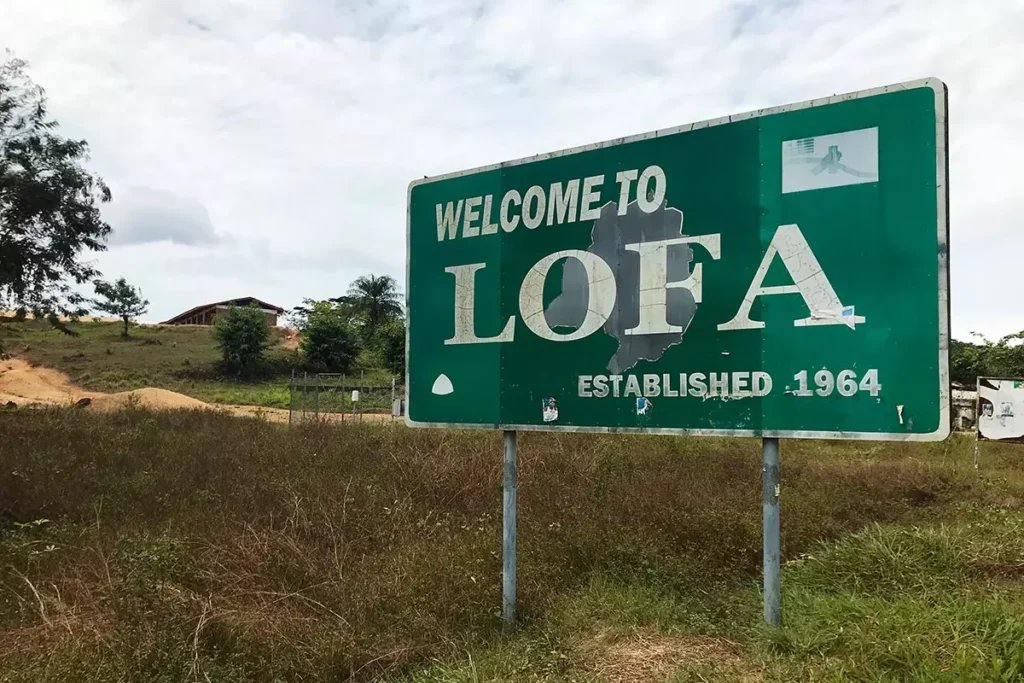Monrovia, Liberia – Since assuming office on January 22, 2024, President Joseph Boakai has faced mounting scrutiny over his initial government appointments, drawing criticism for alleged favoritism and a sluggish decision-making process.
In the first round of appointments on inauguration day, Boakai selected five individuals for crucial roles, including Mr. Boima S. Kamara as Minister of Finance & Development Planning and Mr. Sylvester M. Grigsby as Minister of State for Presidential Affairs.
However, the spotlight now shines on the majority of appointees seemingly hailing from Boakai’s hometown of Lofa, raising questions about his commitment to leading a meritocracy. Marvin Brown, a political activist, expressed concerns, stating, “Tribalism has a very negative connotation, and Liberians are normally resistant to this.
The civil war was the result of tribalism. Let Boakai focus on building a competent cabinet and stop looking for people from Lofa county to employ.” In a second wave of appointments two days later, figures like Madam Sara Beysolow Nyanti as Minister of Foreign Affairs, Dorbor Jallah as head of the Liberia Revenue Authority (LRA), Louise Kpoto as Minister of Health and Social Welfare, the controversial Abraham Kromah as head of the Drug Enforcement Agency, and Dr. J. Alexander Neatah as Minister of Agriculture were introduced. Critics argue that these appointments disproportionately favor Boakai’s home county, potentially suggesting a regionalistic approach to governance.
Lofa dominates the current cabinet lineup with Nyanti, Neatah, Jallah Saygbe, Kpoto, and Dorbor Jallah all hailing from Lofa. In response to criticism, Boakai’s spokesperson defended the selections, stating, “The President is committed to assembling a diverse and competent team that reflects the strengths of Liberia.
The appointments are made based on merit and the capabilities of the individuals to contribute to the nation’s progress.” However, experts and political activists remain skeptical. Some argue that Boakai’s apparent delay in making appointments—less than 5 percent of cabinet offices filled after four days—raises concerns about his preparedness for the job. Martha Johnson, a political commentator, adds, “Boakai had three months to prepare for the job and identify people he wants to work with.
What was he doing these three months that it’s only now he’s started to get people for appointments?” Sources suggest that the president has appointed a vetting committee to review applications, contributing to the slow pace of appointments. Critics also point out the absence of youth and women in the appointments, calling for more inclusivity in Boakai’s selections. As the newly inaugurated president navigates these criticisms, the nation watches closely to see how he shapes his administration and addresses concerns about potential regional bias in key appointments.

